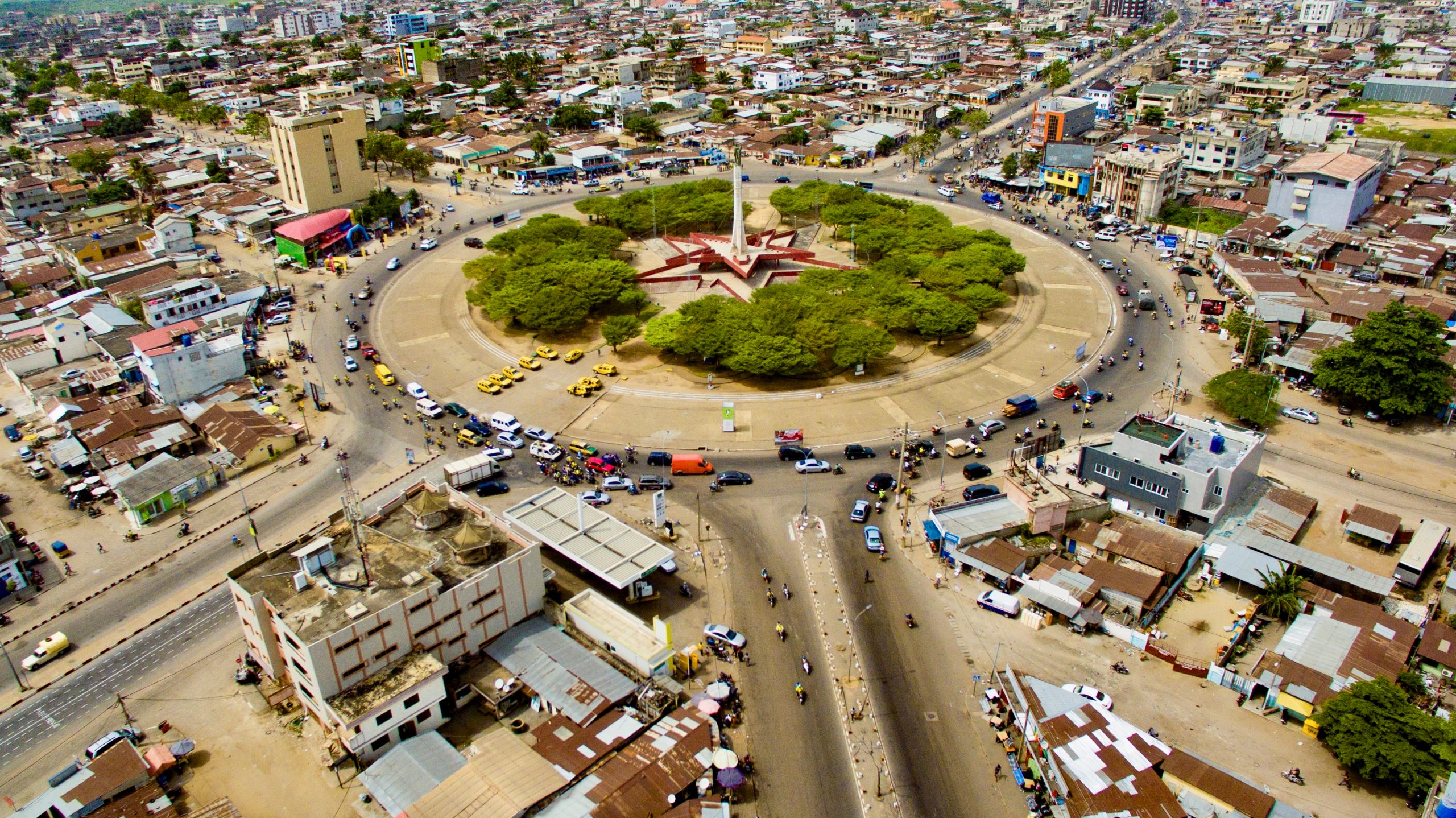In January, Benin had kicked off Africa’s financial year with a historic €1bn Eurobond issuance split in two tranches. In July, it continued to tap global capital markets and became Africa’s first nation to issue an SDG-link Eurobond that raised another €500m. In total, the small country of 12m people, often overshadowed by its big neighbour Nigeria, managed to raise a historic €1.5bn, representing over 10% of its GDP.
A Well Executed Fundraising Programme
At the start of the year, Benin already made headlines with its double issuance of €700m (11-year tenor) and €300m (31-year tenor), which it raised at rates of only 4.875% and 6.875% respectively. Both issuances were massively oversubscribed by 300% and mobilized a total of €3bn, demonstrating significant appetite from global investors for Africa’s debt, even that of smaller and often under-estimated nations.
While smaller, the €500m issuance of July is nonetheless historic because it represents Africa’s first Eurobond dedicated to the financing of projects linked to the Sustainable Development Goals (SDGs). Once again, it was massively oversubscribed and mobilized a total of €1.2bn. The bond has a very good rate of 5.25% and a tenor of 12.5 years.
Benin Builds Investors’ Confidence
Shortly after the January issuance, Fitch Ratings revised the outlook on Benin’s long-term foreign-currency Issuer Default Rating (IDR) from stable to positive and affirmed the IDR at ‘B’. Moody’s Investor Service followed in March by upgrading the Government of Benin’s long-term issuer and senior unsecured debt ratings from B2 to B1.
Both upgrades were made on the back of strong fiscal consolidation track record, recognized efforts in debt restructuring and rising economic resilience. Benin remains one of Africa’s fastest-growing economies with GDP growth projected at 5% by the IMF this year, and at 5.6% by Fitch Ratings. The medium-term growth prospects are event better with a projected GDP growth rate of over 6% a year over the 2022-2026 period (IMF).
What are the Pitfalls?
Benin’s latest issuance shows a growing recognition of the benefits of sustainable borrowing from African governments. While Nigeria had been the first African market to issue a sovereign green bond back in 2017, no African nation had yet issued an SDG-link Eurobond. But overall, the country’s Eurobond borrowing strategy also reflects Africa’s growing appetite for external and foreign-currency debt, supported by interest rates often more attractive than on the domestic market.
While several countries have seen the debt-to-GDP ratios soar in recent years, Benin’s outstanding public debt is only at about 46.1% of GDP according to 2020 data from the African Development Bank (AfDB). It is expected to average 40.9% of GDP over 2021–22, well below the 70% threshold set by the West African Economic and Monetary Union. As a result, the risk of debt distress remains moderate in the short-term, providing Benin continues to strengthen its domestic resources mobilization, broaden its tax base and diversify its sources of revenue.
African markets have raised a significant amount of foreign-currency debt this year. Beside Benin, Côte d’Ivoire notably issued a €850m Eurobond in February (4.3%, 12-year) while Kenya raised $1bn in June by issuing a 12-year Eurobond at 6.3%. All these issuances were massively oversubscribed, further signaling investors’ confidence in the continent’s growth prospects. The last few months of the year will tell if other countries are able to surf on the same wave or not: on October 11th, Nigeria is notably tapping global markets with a Eurobond issuance expected to raise up to $3bn.

